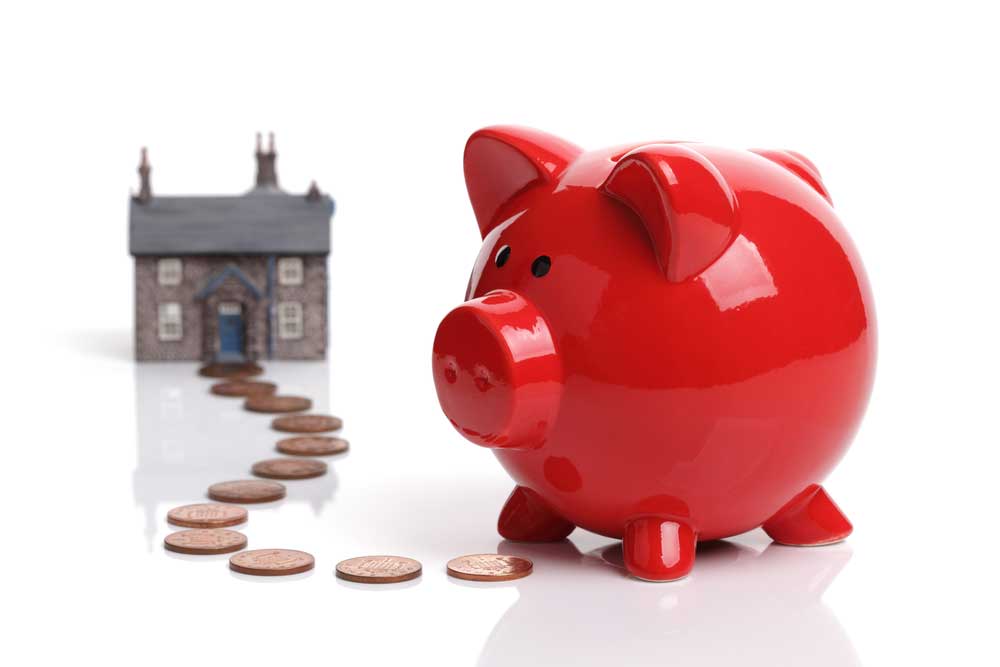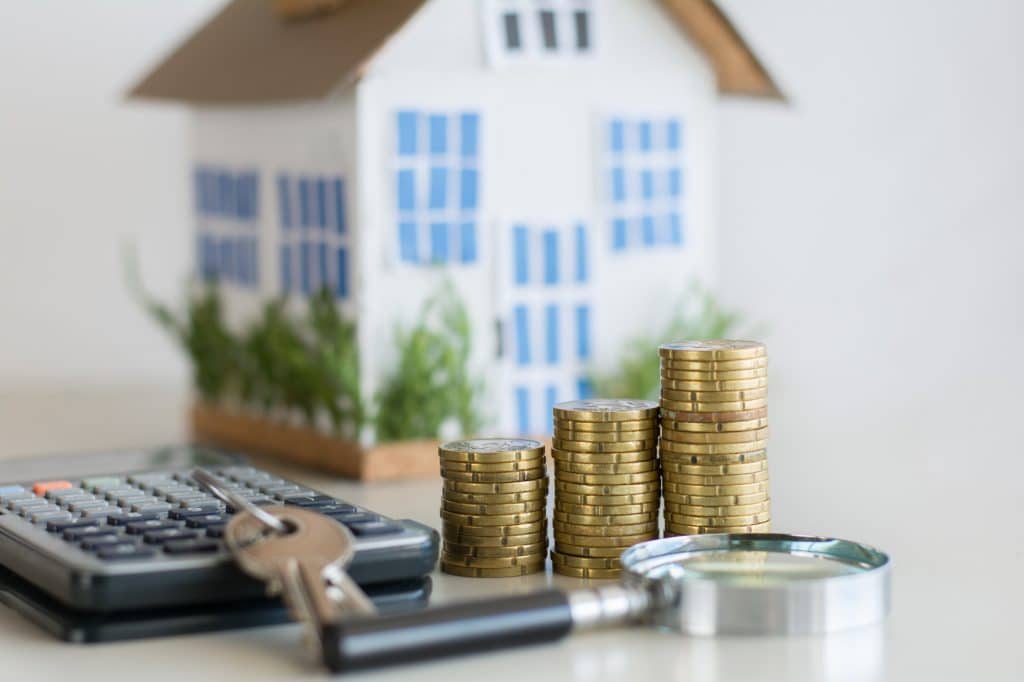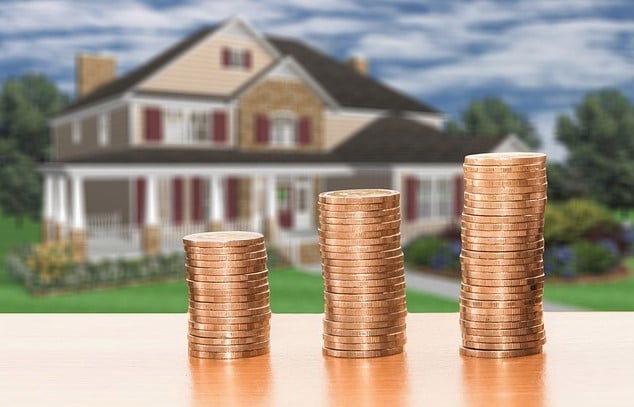Positive Gearing – How to Create Positive Cash Flows
It’s said that cash flow is king and managing it as part of your wealth-building strategy is essential.
In the world of property investment, we hear a lot about negative gearing. On the other side of the ledger, however, is positive gearing.
Positive gearing should be the end goal for every investor who wants to retain their real estate holdings while retiring on the income. It means that you are not outlaying any of your own funds, while the property also grows in value over time.
It’s a win-win situation.
What does positive gearing mean?
In simple terms, positive gearing occurs when the gross income generated by the investment is more than the cost of owning and managing the investment, including interest charged on the borrowings (payments reducing the principal component of borrowings is not included as a cost). The investment generates a positive cash flow before and after taxation is taken into account.

For example, say you receive $2000 each month in rent from your investment property but the mortgage repayments are only $1000 a month and all other costs (maintenance, rates, land tax etc.) amount to $500 per month.
In this scenario, you are $500 ahead every month, before tax. Best of all, after tax is taken into consideration you would probably still be in front.
A positive cash flow property can also be one that generates excess funds after tax, but not necessarily before. At the end of the financial year, you may claim deductions such as depreciation and other expenses, which creates a tax refund which is higher than the total cost paid out of your own pocket for the property throughout the year.
Finally, it’s worth understanding capital growth. Capital growth is the amount that your property grows in value each year. You can often access this increased equity to purchase further properties – as long as your loan-to-value ratio stays within specified bank parameters of course.
Can a negatively geared property become positive?
A negatively geared property is one where the cost of owning a property is more than the income it generates. However, you can deduct this loss from your taxable income.
While you’re making a loss, your property’s capital value is (hopefully) growing. Negatively geared investors are banking that this loss will be offset by their property’s capital growth.

While you’re making a loss, your property’s capital value is (hopefully) growing. Negatively geared investors are banking that this loss will be offset by their property’s capital growth.
Negative gearing has received plenty of attention in the lead up to this year’s federal election as the Labor party looks to change legislation around this tax incentive. Negative gearing was designed to stimulate property investment and thus increase the availability of rental properties. Any potential changes to the scheme may upset the supply side of the rental equation, but only time will reveal the full impact of these political moves.
Saving tax shouldn’t be the only reason for choosing an investment strategy, but don’t ignore the tax benefits associated with negative gearing.
Many investors start out with a negatively geared property but over time these turn into positively geared ones. While the passage of time, as well as the increase in weekly rents, will generally see more properties become positive geared, investors can also do their bit to make this happen sooner.
A number of ways that investors can improve their properties, and consequently their rental income or cash flow, include:
- Renovations/home improvements,
- Adding extra features e.g. Air conditioning, dishwasher, etc.,
- Replacing existing features e.g. Carpet, light fittings,
- Redoing main rooms such as the kitchen or bathroom,
- Asking tenants which added features they would justify paying increased rent,
- Cutting costs,
- Refinancing to a lower interest rate,
- Switching to an interest only home loan (which is the best type of loan for investors given paying off the principal portion of your loan is not tax deductible.
What are the risks of a positively geared property?
Proponents of negatively gearing over positive gearing say cash flow properties are less likely to generate strong capital growth. This isn’t entirely true.

For an investment property to be positively geared, it generally needs to be more affordable, with strong weekly rent, which means they can sometimes be located in regional areas.
However, you can find positively gearing properties almost anywhere because the key ingredient is time. Your portfolio may start out as negatively geared but it will eventually become positive as rents increase while the principal loan amount stays the same or reduces.
It remains important, however, for investors to do their research and ensure they are buying the best investment properties possible. They must also give themselves the best chance of holding for the long-term by ensuring rental demand at an acceptable return is available.
Issues to be wary of include:
- Buying a property in an area with little capital growth,
- Not accurately estimating all of the costs involved in owning an investing property,
- Not being able to cover mortgage repayments during vacancy periods.
Intuitive Finance – the smart choice
As this article has outlined, the world of investing in property and the ins and outs of positively geared investment property can be tricky to understand, so it’s vitally important that you have a professional team on your side to help your financial dreams become a reality.
Now more than ever, you need investor savvy people working on your financial side, who can help you understand the difference between positively and negatively geared investment properties and people who can guide you through the process of knowing what is tax deductible and what is not.
The world of banking and finance can be a pretty daunting one for both novice and sophisticated investors and since our establishment in 2002 we’ve focused on providing outstanding service and business standards.
This approach was vindicated when we received the Finance Broker Business Award at the 2018 Mortgage and Finance Association of Australia (MFAA) Excellence Awards.
So, if you’re considering investing in property and want to learn more about positive gearing investment properties, contact Intuitive Finance to ensure you have the right information and expert support on your side from the very beginning.
The information provided in this article is general in nature and does not constitute personal financial advice. The information has been prepared without taking into account your personal objectives, financial situation or needs. Before acting on any information you should consider the appropriateness of the information with regard to your objectives, financial situation and needs.- Don’t buy property in a trust before reading this - February 3, 2026
- When should you refinance? Navigating RBA rate cuts and loyalty rates - January 23, 2026
- What the latest inflation data means for borrowers with the upcoming February RBA decision - January 20, 2026

